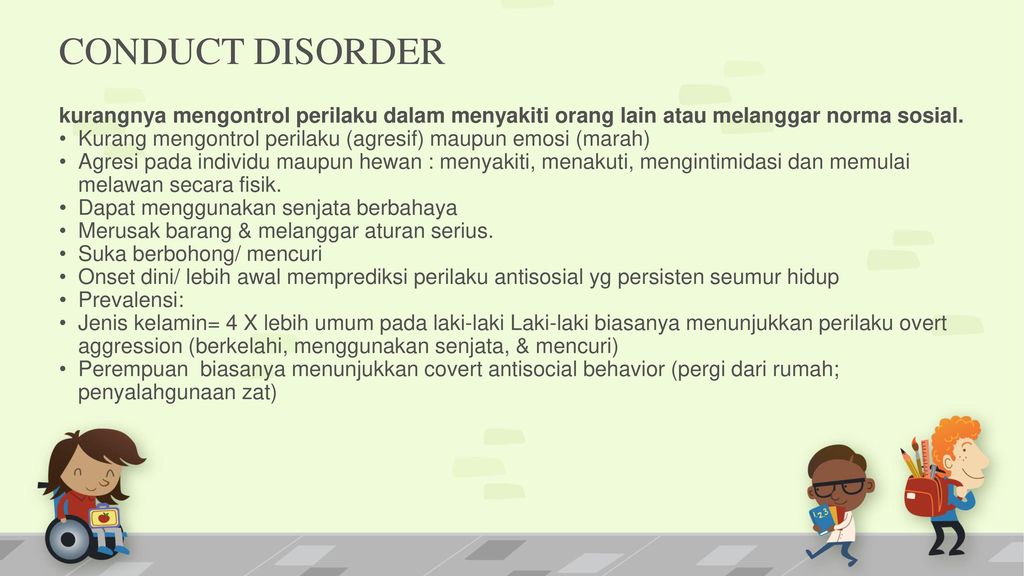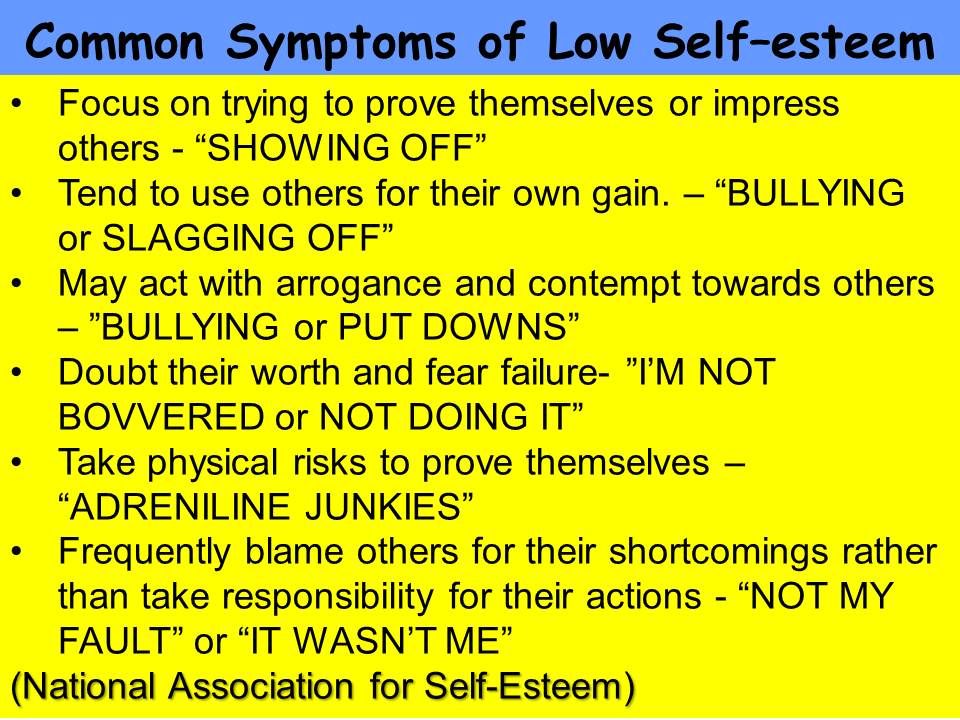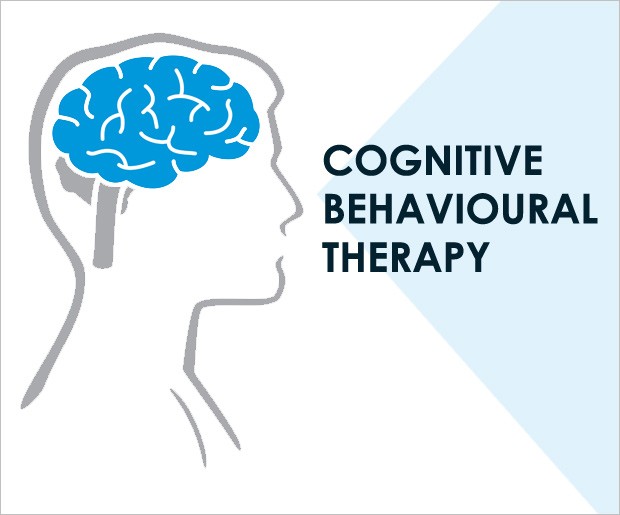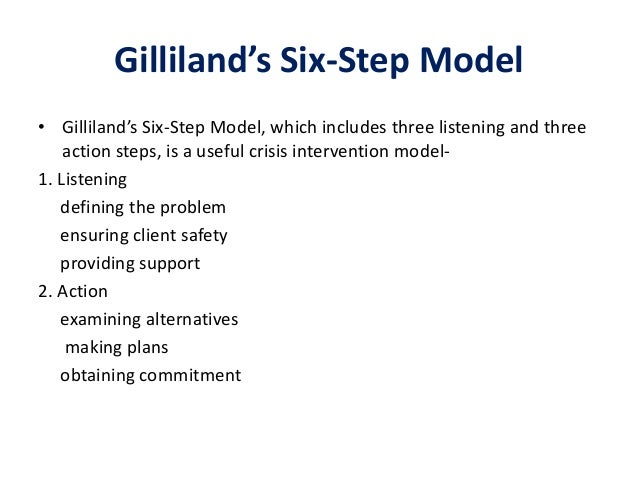Frustrated with baby
Tips To Deal With Frustration and Anger
You, like millions of other parents, have likely found yourself in a situation where you have become very frustrated, even angry with your babies crying. It is important to know that this is completely normal. Listening to a crying child can be very frustrating, especially, after you have tried everything you can think of to calm and sooth the crying infant. All babies cry, especially, while going through the Period of PURPLE Crying. It is important to recognize this and deal with your anger and frustration when caring for a crying child appropriately.
When caring for a crying baby begins frustrating or angering you, it is time to take a break. The best thing you can do for your baby is to get away from the crying for awhile and calm down. This does not mean you are a bad mother or father. It only means you are normal. Ask your spouse, partner, a relative or friend if they could help with the baby for awhile.
If none of these options are available set your baby in a safe place and walk away. It is important to take some time to allow yourself to calm down before returning to care for your baby.
Below is a list of things you can do to help you relax and get rid of your frustration:
-
Listen to music.
Turn it up loud if you have to so you cannot hear the crying.
-
Take a warm bath.
Shut the door, indulge in bubbles, play soft music.
-
Watch TV.
Take an opportunity to watch an episode of a television series you enjoy that may be building up on your DVR.

-
Exercise.
This does not mean to go to a gym necessarily. You can turn on an exercise video or television program. Exercise hard. Every few minutes walk into your crying baby’s room and announce that you are sorry but you are in an exercise class right now and you will come back when it is over. Even better, is to ask your spouse or relative to stay with the baby while you walk around the block. In the evening this can be very therapeutic. Drop by an ice cream store or the grocery store and treat yourself to a treat.
-
Take a nap.
This can be hard when there is a baby crying, but if you can ask a neighbor to go to their house while they come and watch your baby for even 20 minutes while you go to their house and have a nap, it can help.
 Most people are surprised how happy a good neighbor is to offer this relief to a mom or dad.
Most people are surprised how happy a good neighbor is to offer this relief to a mom or dad. -
Hobby.
You may feel guilty doing this with your baby crying, but this can really help. Once you convince yourself that you are entitled to have some time for yourself, keep saying this over and over to yourself. Every so often go into you crying baby’s room and announce, “I am making a cute thing for your room right now so you will have to wait until I finish that."
-
Thought journal.
Writing your feelings in a journal can help you get things off your chest. This type of journal is not meant to be a personal history but rather an expression of your inner feelings.

-
Talk to Someone
It helps to share your frustrations with others who will listen. Talk to a trusted friend or family member.
-
Don't Do Too Much
Practice time management skills. Decide what needs to be done and prioritize. If it doesn’t get done, don’t sweat the small stuff.
-
Organize.
Stress can develop in a cluttered environment. Take a few moments at the end of the day to pick up.
-
Volunteer.

Service to others can quickly make you forget your own problems.
-
Laugh often.
Enjoy a comedy, tell a joke or share good times with family and friends.
-
Clarify values.
Identify your values, goals and priorities. Evaluate where you are now in relation to them, and develop a plan to move to values and goals that are important to you.
-
Seek help.
Sometime we need help to deal with stresses that are to overwhelming to handle alone.
 Remember, it is okay to ask for help.
Remember, it is okay to ask for help.
I put my baby in the back seat of the car
"I put my baby in the back seat of the car in her car seat and drive around with the radio on. She is crying most the time but once in awhile she actually does stop.”
I bought a calendar with big squares to write on each day
"I bought a calendar with big squares to write on each day. I put smiley faces on the good days and sad faces on the hard days. Then I realized my baby wasn’t good all day or hard all day, so I started putting three faces in each square to represent my day. When I counted up the faces at the end of the week I was surprised to realize that I actually had many more smiley faces than sad faces. Maybe, my baby really doesn’t cry all the time even if it seems like it some days.”
Sometimes at night when my baby would cry for hours
“Sometimes at night when my baby would cry for hours at a time I would turn on the PURPLE Crying DVD and watch it…again. I had seen it several times, but it really helped to remind me that what I was going through was normal and would come to an end.”
I had seen it several times, but it really helped to remind me that what I was going through was normal and would come to an end.”
When my baby began going through the Period of PURPLE Crying
“When my baby began going through the Period of PURPLE Crying at about two weeks, I drew a picture of a crying baby on a calendar. Each day that passed I put an X on the calendar to remind me how much longer until this crying period was over. Just like the program said, my baby’s crying did eventually come to end around his four month birthday. It is so much easier to get through something if there is an end in sight.”
One night when my wife had been up with the baby for hours
“One night when my wife had been up with the baby for hours she brought her into me and announced, Here, she yours! I am going for a walk. I was glad that she did that because she really looked frazzled.”
Please Remember
The most important part about all these stories is that all people, of all backgrounds, educational levels, financial status, race and culture go through these things with their baby. Even pediatricians have shared that they got frustrated with their own baby’s crying. The most important thing to remember when you get angry is take a deep breath, put your baby in a safe place and walk away. But never have a baby in your arms when you feel angry or resentful. It is OK. It will get better.
Even pediatricians have shared that they got frustrated with their own baby’s crying. The most important thing to remember when you get angry is take a deep breath, put your baby in a safe place and walk away. But never have a baby in your arms when you feel angry or resentful. It is OK. It will get better.
What Does It Mean If I'm Always Frustrated With My Baby? You're Not A Bad Mom
Life
Pexels
by Kelly Mullen-McWilliams
Two weeks after becoming a parent — around the time I realized Mary Poppins wasn't going to show up and offer to be my baby's mother — I knew I was in for the challenge of a lifetime. Babies need so much, parents sometimes feel that they have nothing left to give. If you're wondering, "what does it mean if I'm always frustrated with my baby," you're not alone, and you're not a bad parent. Probably, you're just really stressed out.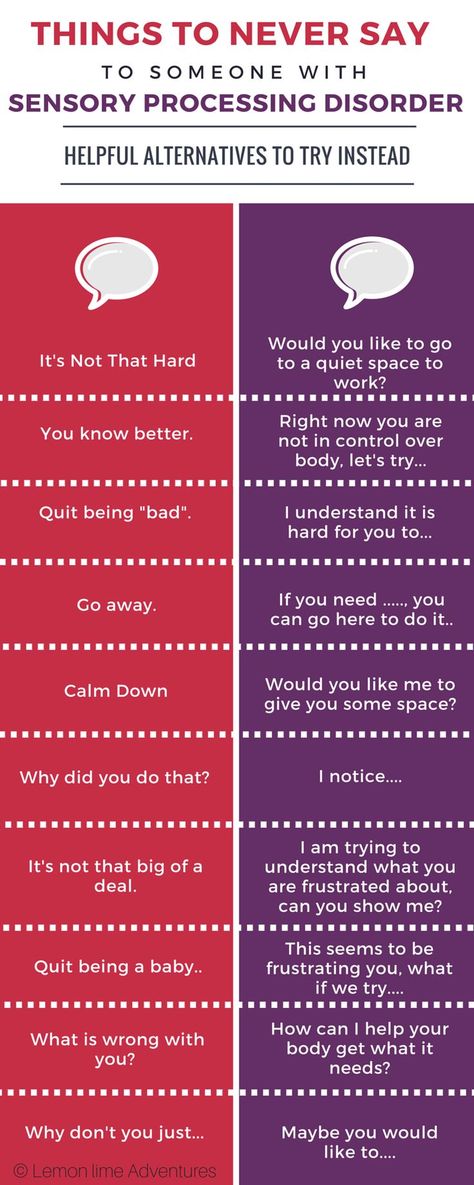
The reason babies are so frustrating is that you can't reason with them. You can't simply explain that mommy or daddy just needs another hour of sleep before the crying starts again, or that throwing a spoon across the room makes more work for you. Because being a parent is the one job you can't quit, your best bet is to consider your stress level. If you can effectively manage your anxiety, your baby will pick up on your sense of calm, resulting in less helplessness and less frustration for everyone.
Romper spoke with Lori Lite, author of the parenting guide Stress Free Kids and the Angry Octopus Coloring Book. She tells Romper, "As a young mom, I was so stressed out I was doing involuntary breath holding. I couldn't eat, and the stress made me sick." She found her answer in diaphragmatic breathing, sometimes known as deep breathing, and offers simple advice for stressed out parents:
"When holding a baby close, try deep breathing yourself to soothe them.The baby will feel you calm down, and calm down themselves, and create a relaxation-response mechanism."
Deep breathing has been proven to reduce anxiety, according to the American Institute of Stress, and it's quicker and cheaper than getting a massage. Other stress-reducing techniques? Lite notes that just six minutes of reading can lower your heart rate. "Reading puts you and your child in the same moment," says Lite, and reading is an activity you can certainly practice with your little one.
Children, by their very nature, bring chaos into an otherwise orderly life. As Psychology Today noted, frustration erupts whenever you feel out of control, and though people don't talk about it much, feeling frustrated with your kids is normal. In fact, children don't like chaos either. Babies thrive on a schedule, and older kids crave stability. According to Lite, setting boundaries for your kids makes their world feel stable and predictable. The result is a lowering of their anxiety, and hopefully, less frustration for you.
If you're feeling frustrated all the time, some perspective can help get you through the day. Babies move through many developmental phases — not all of them pretty. Lite explains,
"It's important to take a step back and ask, is this just temporary? It's an old saying, but it's true: This too shall pass. The situation will go away, and you'll deal with new developmental milestones. Not every situation is an emergency."
To keep stress down in your home, Lite suggests introducing mindfulness techniques throughout the day that will serve you well now — and serve your children as they grow older. For instance, Lite notes that "coloring is one of the easiest ways to be mindful without even knowing it." In fact, coloring reduces stress for adults as well as children, as reported in Medical Daily. And what kid doesn't love coloring? Do it with them, and you'll both reap the benefits. As an added bonus, by encouraging your child to color with you, or sit beside you while you take a few calming breaths, you're teaching them to manage their anxiety — no lecture required.
Children and parents are intimately connected, physically, psychologically, and emotionally. If you feel frustrated with your baby or young child, it's likely they feel stressed, too. You're in a feedback loop that won't get any better unless you make a change. Learning to regulate your emotions is a crucial parenting skill, and the good news is that you can teach children to manage their anxiety, simply by managing yours.
The first step? Hold your baby, and take long, deep breaths. As her distress eases, so will your sense of frustration. You're not a bad mom — you're only human. Be kind to yourself.
When a child has disappointed us: advice to parents
We want to be proud of our children, to understand that our love and efforts are somehow rewarded. But, alas, children can not only break a cup, but also break our souls. One of the strong and unpleasant feelings that even the best parents regularly experience is the feeling of disappointment.
Anna Skavitina, psychologist, analyst, member of the IAAP (International Association of Analytical Psychology), supervisor of the ROAP and the Jung Institute (Zurich), expert of the Psychology journal
How is disappointment useful?
How we deal with this feeling is one of the most important and defining moments of parenthood.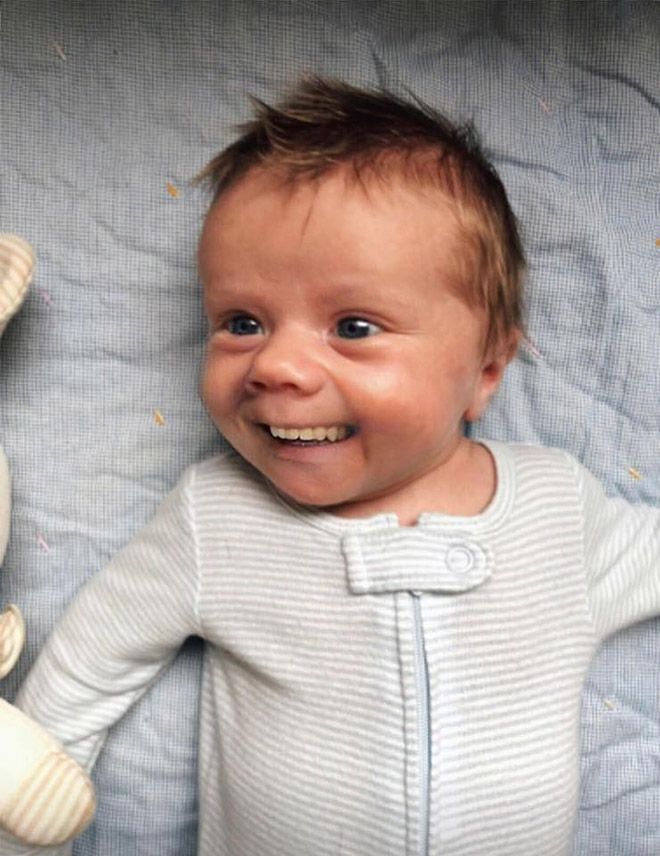 Our long-term relationship with children will depend directly on how we react when we are dissatisfied and upset with their choices, behavior, mistakes and mistakes.
Our long-term relationship with children will depend directly on how we react when we are dissatisfied and upset with their choices, behavior, mistakes and mistakes.
Frustration is part of life. According to the famous psychoanalyst Heinz Kohut, it is necessary for human development. If we don't experience frustration, we don't have the motivation to grow. Another psychoanalyst, D. W. Winnicott, said that if parents were perfect, children would never want anything and would never try to do anything new. And if children were always ideal, that is, as we expect from them, then they would not be real children, but illusions.
In order to be disappointed, one must first be fascinated, that is, fantasize something that does not really correspond to reality. And this happens to parents all the time. Why? Because we love our children and wish them the best... from what we ourselves know.
Let him…
One family dreamed of giving birth to a child of a certain zodiac sign, who could be taught football, mathematics and kung fu from birth. The parents wanted an ideal, from their point of view, child, but the baby that appeared was born on a different day and month, did not want football or math, but loved dressing up dolls and perfume scents. Parents' intense attempts to cope with their disappointment by imposing on the child what they wanted to see in him led to depression in them and neurotic reactions in the child. Who, by the way, still continued to do what he liked - but in such a way that mom and dad did not see.
The parents wanted an ideal, from their point of view, child, but the baby that appeared was born on a different day and month, did not want football or math, but loved dressing up dolls and perfume scents. Parents' intense attempts to cope with their disappointment by imposing on the child what they wanted to see in him led to depression in them and neurotic reactions in the child. Who, by the way, still continued to do what he liked - but in such a way that mom and dad did not see.
Or another family: they wanted to raise a real ballerina, at least one, so that she would fly around the stage and be flexible and musical. Alas, none of the daughters had suitable external data, but many years, money and efforts were put into achieving the impossible. The children tried their best not to disappoint their parents and do what they were told, but by the age of 30, the eldest was disappointed in herself and in life, and the youngest at 14 was kicked out of the ballet class by teachers, completely disappointing her parents.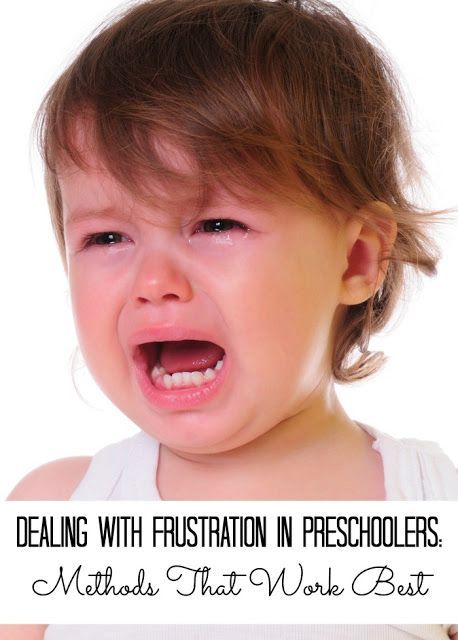 Parents gave up on the girl, thanks to which she managed to start doing what she really likes herself - and even at 14, and not waiting for 30-40 years.
Parents gave up on the girl, thanks to which she managed to start doing what she really likes herself - and even at 14, and not waiting for 30-40 years.
Whose wishes are these?
The image of the “right child” is often associated and confused with our childhood fears, the bias of our own upbringing. You can’t behave like that, talk like that, creative professions will never bring you money, the computer is evil, blogging is not a profession, I never did that in my childhood. It happens that the traits denied in ourselves unconsciously begin to be projected onto other people, for example, our children. We say: “How can you not learn lessons at all, or argue with your parents? We've never done that!" We are consciously disappointed, but at the same time we secretly envy their freedom, their ability to defend themselves and their desires. They do what we could never afford. Often it is through our own children that we can learn what we forbid ourselves in life. Children are our crooked mirror.
Children are our crooked mirror.
But children also see themselves through our parental eyes. They also want us to be proud of them, they want to please us. They dream that their parents would see them, not their fantasies, rejoice in who they can be and what they have learned, what they could. Children are more likely to try their best if parents set realistic goals that match the interests and abilities of the children and focus not on evaluating the result, but on developing their unique strengths. When the stakes are not so high, it is easier for children to take the initiative, test themselves and show perseverance, they are not held back by fear.
How to deal with disappointment
We develop a sense of self-worth and the ability to regulate emotions depending on how our parents saw us, how they treated themselves and us. We learn the reactions of parents to our appearance, character, behavior. These reactions become the basis for how we later respond to our own mistakes, disappointments, and successes. We can help children learn to experience disappointments in people and life by showing how we cope with ours: whether we scream in fear and pain, whether we punish children or condemn, look for the guilty or blame ourselves, whether we accept what happened, we are sad, we think, it is possible and necessary whether to do something in such a situation or give up. Your children will learn and do the same things you did, and you are likely to handle your disappointments the way you learned in your family. If you don't like the way you do it, you can learn to do it another way. Fortunately, parents are a very important part of our sense of self, but not the only one, and our brain and mind are shaped by experiences throughout our lives.
We can help children learn to experience disappointments in people and life by showing how we cope with ours: whether we scream in fear and pain, whether we punish children or condemn, look for the guilty or blame ourselves, whether we accept what happened, we are sad, we think, it is possible and necessary whether to do something in such a situation or give up. Your children will learn and do the same things you did, and you are likely to handle your disappointments the way you learned in your family. If you don't like the way you do it, you can learn to do it another way. Fortunately, parents are a very important part of our sense of self, but not the only one, and our brain and mind are shaped by experiences throughout our lives.
What to do?
• Remember that love motivates, and shame devastates. Make sure your child knows how much you love them - no matter how disappointed you are. It is important to start even a serious and difficult conversation with words of love, you can be firm, but this does not negate kindness. You could say something like this: “We want you to know that we love you and will always love you no matter what you do. However, we must share with you how upset and angry we are about what happened."
You could say something like this: “We want you to know that we love you and will always love you no matter what you do. However, we must share with you how upset and angry we are about what happened."
• Even if you truly love your children, you may feel pain, and that's okay. You have probably come across advice and articles that say that "you just need to love children" and that's it. Martin Luther King Jr. observed that the more we love someone (or something), the more we become disillusioned with them. The more we love our children, the more it hurts us. The same H. Kohut believed that painful disappointment reflects strong love and admiration for another person: “How could you!” Your pain speaks of your love.
• React calmly. This is easier said than done, but if you start yelling, crying, or throwing things, it will be harder for your child to understand what you are trying to express. You can be angry, but it is better to express it in words, not in actions.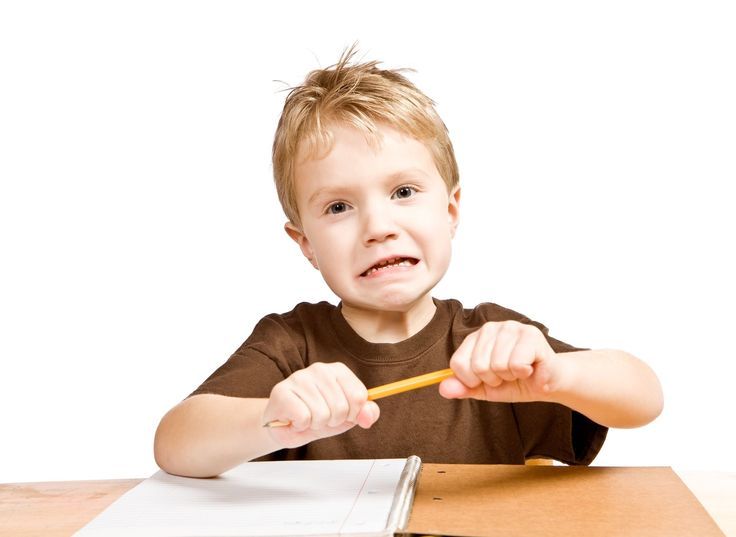 If you find that frustration, pain, anger, or even rage overwhelm you, take a break, give yourself time to cool down, and only then start talking.
If you find that frustration, pain, anger, or even rage overwhelm you, take a break, give yourself time to cool down, and only then start talking.
• Keep believing in the child. Children may disappoint you because you feel that they are not living up to their potential, or have not done what you expected. You may feel frustrated because your children are not like you or your friends' children. The main thing is that you should not abandon your child. In life's disappointments, it is very important to lean on someone in order to be able to endure and change something. Let this support be parents who will help the child to see the good in themselves and in life. Trust in their ability to lead happy, fulfilling lives. She may not be the way you would like, but let the child know that you believe in him, even if he is disappointing you now.
• Acknowledge your shortcomings. Some parents believe that they should never show weakness, make mistakes, or allow their children to see their imperfection, because this somehow discredits their parental authority and power. In fact, nothing discredits a person more than trying to pretend to be perfect. Children are not looking for perfection, but they are looking for authenticity. If you talk about your own difficulties and shortcomings, and talk about how difficult it can be to cope with it, your children (at any age) will be more willing to open up and take responsibility for their bad decisions.
In fact, nothing discredits a person more than trying to pretend to be perfect. Children are not looking for perfection, but they are looking for authenticity. If you talk about your own difficulties and shortcomings, and talk about how difficult it can be to cope with it, your children (at any age) will be more willing to open up and take responsibility for their bad decisions.
• Show the best way. When your child finds out that he has disappointed you, he should be able to ask you for advice or discuss with you what happened. Help him find ways to remedy the situation, to compensate for the damage to other people if they caused it.
• Forgive the child. We also disappointed and continue to disappoint our parents, bringing them not only joy, but also pain. Let the children know that you are not going to constantly remember what happened, use it as manipulation, or as an opportunity for future punishment. You forgive them freely and completely, and communicate with them to restore trust between you. It often takes time to restore trust, but forgiveness can and should be given immediately. The most important thing is a good relationship between close people. This gives strength to live and develop - both to children and to us.
It often takes time to restore trust, but forgiveness can and should be given immediately. The most important thing is a good relationship between close people. This gives strength to live and develop - both to children and to us.
Read also:
This is my body! How to talk to a child about body positivity?
How to properly punish a child: 10 important rules
How to properly apologize to a child
Photo: fizkez, Yuganov Konstantin, ViDi Studio, Mongkol Rujitham / Shutterstock.com 10/22/2018 October 22, 2018, 17:50 Stories "So much wasted effort!" - perhaps one of the most common exclamations of a parent whose hopes for the future of his child did not come true. And do we even have the right to such hopes and what to do if they collapsed - in the column of the journalist and mother of three children Anna Kudryavskaya-Panina. Photo: depositphotos/imagepointfr My son on the eve of his sixth birthday overpowered me with a request: "Take me to chess school!" He was obsessed with chess from the very moment my father - himself a former first-class player - first showed him the board. The norms of the fourth and third categories (by the way, in this sport the categories are not divided into children's and adults) he fulfilled almost in a row, in elementary school he defeated the second, then the first and by adolescence he became a candidate for master of sports, occupying the first and other prizes in city and regional competitions in their age category. "Mom, I enjoy this chess," the child told me at the dawn of his sports career. Did the coaches have high hopes for him? Certainly! What did I think and feel, putting all my strength and soul into the big business of his little life (not to mention the funds needed to travel to competitions)? Did you imagine him to be the future Kramnik? Did you see him in your dreams, if not as a world champion, then certainly as an eminent grandmaster? Undoubtedly. But he didn't. He didn't even become a master of sports. Because one fine day I quit chess. I just stopped enjoying them. Photo: depositphotos/[email protected] For most parents, this reason will not only seem insufficient, it will not seem like a reason at all. How did you leave the circle? How is it to leave a music school two years before graduation?! What do you mean, I won’t go to law school, I want to be a flight attendant?! Marry Sasha? Yes, only through my corpse! I'm exaggerating, of course. Although, not a fact. Practicing psychologists could tell you a huge number of incredible stories on this topic. When parents cannot come to terms with the fact that the children have not justified the hopes placed on them, and they crush, break, do not let go their own way, and then, when the children still do it their own way, they cannot cope with the disappointment that has befallen them. What drives all of us, parents, when we impose on children our idea of their "beautiful" future and persistently try to "do them good"? And nothing good, sadly. Can something useful come from such a dubious collection? Very unlikely. What parents' hopes are most often not justified by children: did not study so well, did not go there, left the section, circle, school, university, works in the wrong place, married the wrong one. Photo: depositphotos/serrnovik But why did we decide that our children do the wrong thing? Where do our expectations come from? From another attitude adopted in society: children are unreasonable, they don’t know how best, they can’t do it without us, they need to be guided, instructed, otherwise they will go astray and not come to success. Parents are frightened by the independence of the child in choosing, they are generally frightened by many things, they are guided by external guidelines, because their own are not formed or broken. And out of good intentions, they just do not allow the child to build internal guidelines. Vicious circle. The higher the parents' expectations, the greater the stress they put on their own child and on themselves. Here is what the "unfulfilled" children say: "I have everything the way I want. I was wrong about something, then I corrected it. Mom and dad think that I live in poverty and grief ... I don't feel any poverty , no grief ... It's just their hopes - it was just one of the options, I chose another, and was expelled from the house, well, ok. In the end, everything is fine, and we even communicate with our parents, but they do not see point-blank, that you can make your own choice, and it may turn out to be the best for you"; "I am a child who did not live up to expectations. Photo: depositphotos/zurijeta Relationships are broken off by children who do not want to be pushed under parental ideas about them. And the parents themselves, as a "punishment" for black ingratitude, reject "stumbled" children. Isn't the price too high for our hopes? But not everyone is able to withstand the pressure of the most beloved and authoritative people in life, especially in childhood. But still, how to cope and survive disappointment if the hopes were and were not justified? First, live your life: your childhood has already been lived, your youth too, do not try to repeat or replay your path, replacing yourself with your child. Remember more often that your child is not you, and accept him as such - different. Do not think that without your pointing finger, he will disappear: a child is not a creature destructive by nature, he is able to become a self-sufficient person even without a parental leash. Don't follow your child's path in front of him or behind him - walk beside him. And in the end, let him choose and make mistakes. Without fear of being rejected by you. It was not easy for me to come to terms with the choice of my son and with my dreams about what he could become if he had not given up chess. On his birthday, he received brand new chess and a textbook for children of his age as a gift, and a week later his dream came true - we came to a sports chess school.
On his birthday, he received brand new chess and a textbook for children of his age as a gift, and a week later his dream came true - we came to a sports chess school. 
 We are driven by our own fears, ambitions, stereotypes, attitudes, and guilt. What will people say; I couldn’t enter Baumanka, let him succeed; being a hairdresser is not prestigious; in our family, everyone graduated only from Moscow State University, which construction university; I did not live up to my mother's hopes, I did not become a ballerina, I left the school; she has no right to quit the music, then she will regret it, like me. And so on, and so on... In a word, mom knows how to do it! Mom lived a life. And yours will live!
We are driven by our own fears, ambitions, stereotypes, attitudes, and guilt. What will people say; I couldn’t enter Baumanka, let him succeed; being a hairdresser is not prestigious; in our family, everyone graduated only from Moscow State University, which construction university; I did not live up to my mother's hopes, I did not become a ballerina, I left the school; she has no right to quit the music, then she will regret it, like me. And so on, and so on... In a word, mom knows how to do it! Mom lived a life. And yours will live!  Success, which we, adults, consider success, and not at all they themselves.
Success, which we, adults, consider success, and not at all they themselves. 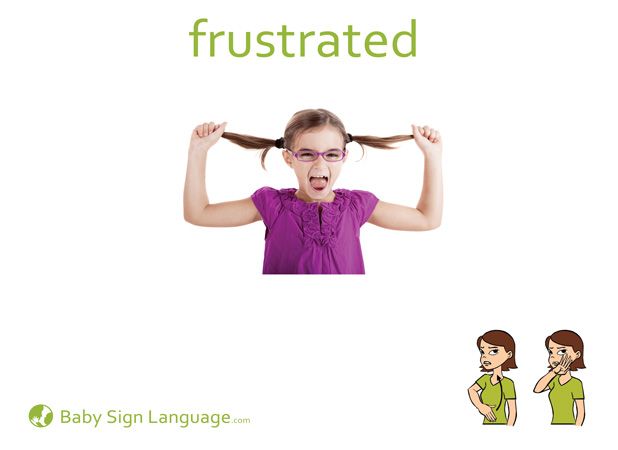 I have been living happily with the "wrong" person for 20 years, I do not need "that" institute for nothing, I went to live in the village and graze goats (oh, gods). As a result, I almost do not communicate with my parents Because this is my life, and I live it the way I like"; "Mom tormented me with reproaches and discontent. The result: a complete break in relations. Such pressure is impossible to withstand"; "If you don't stop planting your illusions on children about how they should live their lives, children will either lie to you godlessly, or turn away from you and run away at the first opportunity. And have a happy journey, to be honest."
I have been living happily with the "wrong" person for 20 years, I do not need "that" institute for nothing, I went to live in the village and graze goats (oh, gods). As a result, I almost do not communicate with my parents Because this is my life, and I live it the way I like"; "Mom tormented me with reproaches and discontent. The result: a complete break in relations. Such pressure is impossible to withstand"; "If you don't stop planting your illusions on children about how they should live their lives, children will either lie to you godlessly, or turn away from you and run away at the first opportunity. And have a happy journey, to be honest."  This is how people get used to living, not listening and not hearing their own needs and desires, guided by other people's, external guidelines and attitudes. Vicious circle number two.
This is how people get used to living, not listening and not hearing their own needs and desires, guided by other people's, external guidelines and attitudes. Vicious circle number two. 
